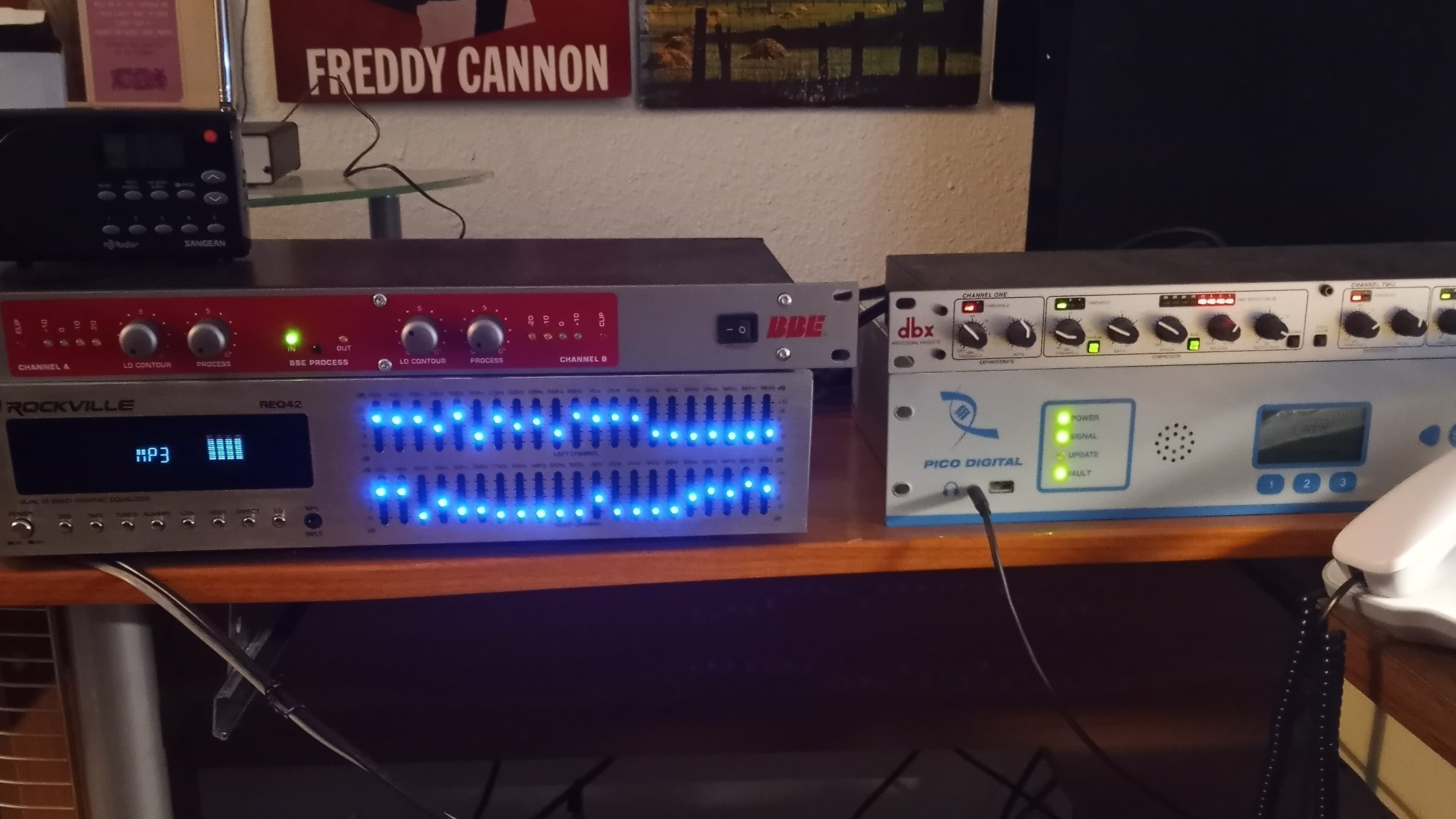Radio for the blind might seem like a no-brainer, but Gerald Gaule says there’s more to a good program than being strictly audio.
“There’s only two FM stations that carry full-time radio reading services,” Gaule says. “I’m part of a group of 30-some internet radio stations that specifically target programming for the blind, not only news and information but topics like getting around, disability, how to work with your dog, and other topics that specifically cater to that audience.”
Gaule has operated the web-based radio station Community Growth Radio from Vancouver, Wash., since 2012, after parting ways with the Oregon Commission for the Blind and Omni Media. After establishing CGR as the only station west of Colorado hosting programs for blind Spanish speaking people, Gaule struck a new deal Dec. 13 to host full-time programs for Native American listeners.
CGR isn’t a podcast network or a nonprofit, but instead a self-funded multichannel livestream that traces its legacy back to the reading programs for the blind established in the ’70s, in which volunteers read books out loud on the radio (books on tape first started distributing in 1969). Gaule says CGR’s programming appeals to veterans, people with disabilities, and people of color and over age 50—people, Gaule says, who don’t have enough representation among an already-marginalized community.
“I wanted to do something really different with one [of the channels],” Gaule says. “I wanted to do something really different with one and mix things up to see, what can I do to make it better, how can I serve a community that I’m not reaching specifically.”
Roughly 700 people from around the world tune in daily for CGR shows that cover everything from financial literacy to independent music. Gaule wants to acquire more programming, but says that providers hesitate to collaborate since CGR isn’t on AM or FM radio waves. But one network took notice and struck a deal with Gaule. CGR now streams Native Voice One programs on a devoted channel. Gaule receives programming at a steep discount, and free from NV1, since he does not seek sponsorship or revenue from CGR.
“I’ve always wanted to carry Native American programming,” Gaule says. “There are some stations that do carry it on a part time basis, like KBOO and a lot of NPR and public broadcasting stations, but how can I make it more niche that is not covered? How can I serve the blind, the disabled and/or the visually impaired who are veterans, who are Native American, but how can I do it differently than it’s done on a part-time basis?”
Two of CGR’s three main existing volunteers have signaled to Gaule that they are getting ready to move on soon. Gaule says they are 68 and 78 years old and would simply like to do something else. In the meantime, Gaule hopes other volunteers will want to host their own programs for the blind in their stead. No idea seems too outrageous or off-limits to Gaule.
“It’s up to them what they want to produce,” Gaule says. “I’m pretty easygoing. I’m not one of these programming directors who says ‘You cannot do this, or you cannot do that.’ I don’t believe in limiting a person of their creativity, ever, whatsoever.”
HEAR IT: CGR streams 24/7 at cgrradio2.wixsite.com/cgrradio.

